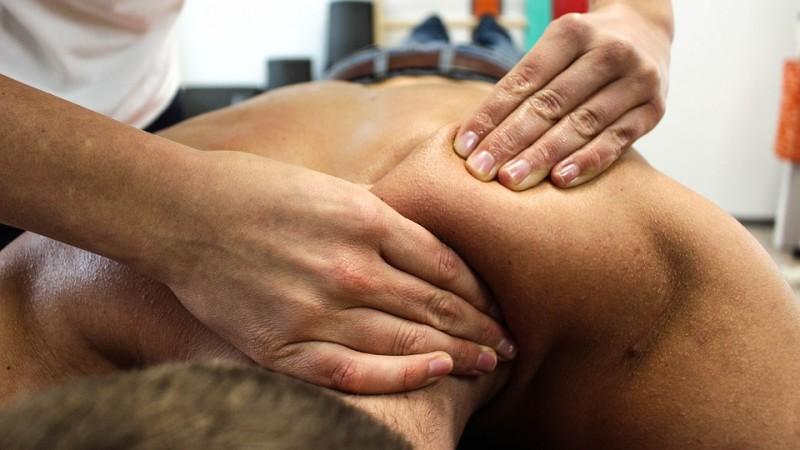
A head and neck massage after a haircut is almost complimentary in all salons in India. The relaxing neck massage may be irresistible but they can cause long-term damage to neck joints. It happens mostly because of the 'neck-crack' that's generally the way the barber concludes the massage by holding the person by the chin and then tilting the neck sharply to the left and then to the right.
Ajay Kumar, 54, like countless Indian men went to a salon in Delhi for a haircut-and-massage last month but after the neck massage, he became increasingly breathless.
The PSU employee was soon put on mechanical ventilation. "He has been put on non-invasive ventilation for breathing support and may continue to be on it," Dr Anand Jaiswal, the director of respiratory and sleep medicine at Medanta - The Medicity told Times of India.
It turned out that the neck-crack damaged his phrenic nerves that control the diaphragm that in turn controls breathing. The doctor revealed that Kumar's diaphragm was paralysed and he may need the support of ventilator throughout his life as the nerve rarely regenerates spontaneously.
Jaiswal said: "The neck massage and neck-crack that barbers ritually perform after a haircut can cause long-term damage to neck joints and surrounding tissues, muscles or nerves or even cause bilateral diaphragmatic paralysis like in this case."
This is not the only case, previously, a Bangalore man Babu Reddy suffered from a stroke after a neck massage in a salon. The 40-year-old man said that when started walking back home, he realized that he is feeling uneasy, dizzy and couldn't walk steadily.
Dr Mahesh Sambasivam, a consultant neurosurgeon at Columbia Asia, told Times of India: "He [Babu Reddy] had to be stabilized with medications and airway maintenance: insertion of an endotracheal tube. He was put on a ventilator. MRI scans showed a tear in a major artery supplying blood to the hindbrain, which resulted in an acute vertebrobasilar stroke."
"The patient suffered from vertebral artery dissection, which is an important cause of cerebral stroke in young and middle-aged men, who have no lifestyle disorders like diabetes or hypertension. Babu doesn't have any other medical complications and was fortunate to have survived the stroke. Had it not been for timely diagnosis and treatment, the condition could have caused permanent disability or even death," Dr Mahesh added.

















